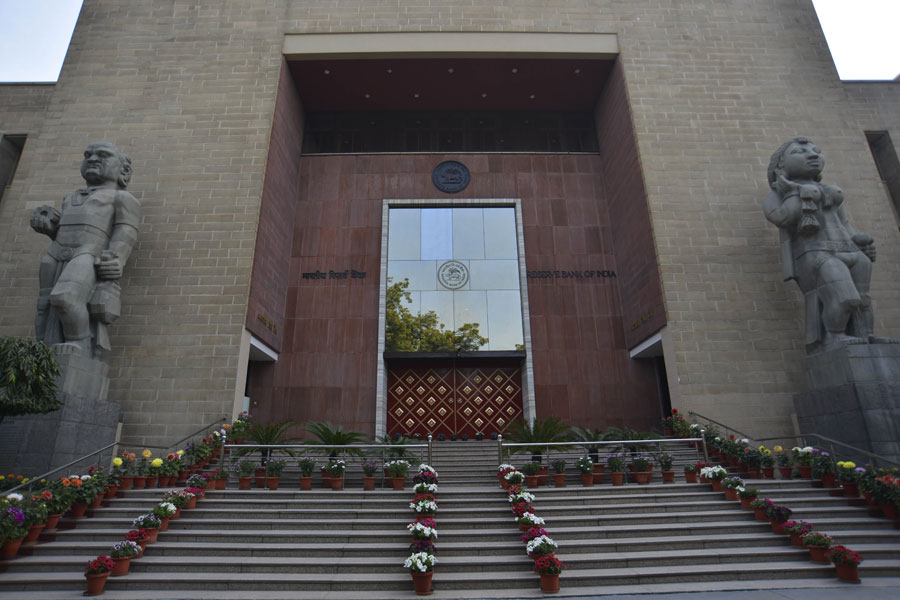Monetary policymaking was once considered an esoteric art and central bankers were notorious for holding their cards close to their chest. They couched the message in difficult argot to ensure no one was able to second guess their policy actions. Alan Greenspan, the former United States Federal Reserve chairman, once said that if he seemed “unduly clear”, then the interlocutor must have misunderstood what he said. Central bankers have changed their style since. They have become more accessible and often try to explain their moves in layman terms. Last week, the Reserve Bank of India governor, Urjit Patel, stunned Dalal Street by refusing to raise interest rates and then indulged in some straight talking to explain why the bank’s policymakers had decided to leave the rate unchanged. As global crude prices soared and the rupee sank to historic lows, the government refrained from adopting any fiscal measures to deal with the crisis. The ball was now placed in the RBI’s court. Markets were certain that the central bank would raise the policy interest rate for the third time since June. When the RBI surprised Dalal Street by holding the repo rate, the market pundits railed against its policymakers for living in an ivory tower, impervious to the mayhem in the markets.
Mr Patel and his band of policymakers have stuck to their guns. An interest rate hike is a blunt monetary policy tool and ineffective in propping up a floundering rupee. The RBI has a legislative mandate: to make sure that inflation does not go beyond the 2 to 6 per cent range. Inflation is ruling below 4 per cent but is expected to rise since no one can predict how the volatile crude oil-exchange rate matrix will play out. A study carried out by the Bank for International Settlements in 2009 said inflation was the main intermediate target for around three-fifths of all central banks in the world. Only three — the People’s Bank of China, the Hong Kong Monetary Authority, and the Monetary Authority of Singapore — target an exchange rate or band. The RBI may not be in lockstep with its Asian central bank peers which have raised policy rates in response to the US Fed’s recent rate hike. But its broad philosophy is right: it must not try to prop up the rupee by dipping into its $400 billion foreign exchange hoard in some futile exercise.











